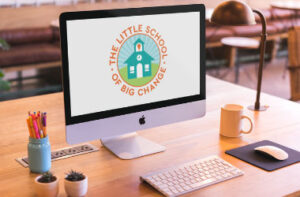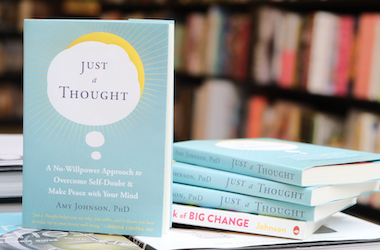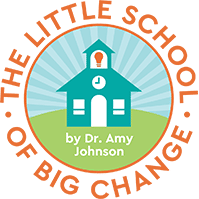 It’s pretty amazing what people do because they think it will give them a better life.
It’s pretty amazing what people do because they think it will give them a better life.
They wake up insanely early and go to bed insanely late.
They go to college, they set goals. They work hard or they refuse to work hard. They decide to be ambitious.
They get married or they stay single; they have kids or they don’t. They become friends with people they may or may not genuinely enjoy and they maintain those friendships even when they no longer have anything to talk about.
They do things for the story they’ll have afterward (Remember when we stayed up for 48 hours straight on spring break? Did I ever tell you how I climbed Kilimanjaro? I almost died!)
They diet, they exercise…or they refuse to diet and exercise. They adopt pets. They plant flowers. They join book clubs or write books.
They plan for the future, save money, and spend money (they spend a lot of money in search of a better life).
They do all of these things and many more in the name of “because then I’ll be happier”. Not explicitly, of course, but being happier and having a better life is the underlying motivation in much of what we deliberately decide to do.
None of the things I mention above are good or bad—they don’t produce a happier life and they don’t lead to a less happy life. They aren’t better and they aren’t worse. They don’t have a direct impact on how you feel at all, actually.
Like everything in life, you can decide to do them for a bunch of good reasons, or you can just do them. Deciding to do them for some reasons gets a little messy because your reasons are rooted in a lot of personal, slanted thought. Decisions are rooted in subjective theory. That’s confusing, so let me explain.
When you decide that you’ll go to college because it will lead to a better life, you’re assuming that college leads to a better life. You are deciding to spend several years of your life doing something for the outcome you expect it to produce. That outcome is your own subjective theory (which is often built upon what other people have told you).
Going to college just because is very different than deciding to go to college.
When you simply have the knowing that college is the thing for you, there’s no decision involved—going to college is simply what you do next. When people ask “why college?” you’re caught off guard. “I don’t know”, you think…”just because I want to, I guess”. Or, “It sounds fun”, “It’s the next step for me”, or “because it’s what I plan to do”.
You know what I mean, right? The difference between deciding to do something and just doing it is a distinction with which you’re quite familiar, no?
Have you ever tried to explain why you’re with your partner? I’m always suspicious of people who can give a million logical reasons for something as primitive and illogical as love. I’m with my husband because I love him and because I want to be with him.
I suppose I could create more reasons, but why? It feels a little like giving reasons why you’re hungry.
Likewise, if you’re one of those women for whom having children felt more like an evolutionary directive rather than a mental choice, you can’t possibly explain why you decided to have kids. You just did. You just knew. It wasn’t a decision, it was just what happened.
That’s the beauty in instincts, drive, and inner wisdom—they take your decisions away. Because let’s face it, if you had to make a thought-based, reasoned decision about having children, would you ever in a million years say yes? Would you decide to grow a human being inside of you, painfully expel it from your body, and agree to give it nearly all of your attention, focus, time, and resources for the next 20 years or more? Once you’ve done it yes, but before you know that love? I don’t think so.
It’s the same for me in writing this book, my afraid-of-heights client who just repelled down a canyon, and my friend who hit ‘submit’ for the overly ambitious job that feels scary but right. If those things were decisions, we would have all said ‘no thank you’. Luckily, they were not decisions we had to make. They were choices that made themselves via something much larger than a rational brain that can compute risk and reward.
Does this mean that anything you’re left deciding is not the right thing? Not at all. Humans can complicate anything, even when inner guidance takes your hand and offers to do all the work for you.
If you’re bogged down in pro and con lists, it often only means that you’re going about it the hard way. You might want a reason for something that doesn’t require a reason; you might be trying to apply logic because you believe logical decisions are better ones. Or maybe you’re talking yourself into or out of something to which you already know the answer.
In any case, being stuck in decision-mode doesn’t mean you are doomed to a poor outcome or that your inner wisdom is taking a nap. It’s simply an invitation to step away from the tally sheet, give your logical mind a break, and see if a little clarity doesn’t naturally come your way.
Remember how easy it has been in the past, like when you said yes at the alter or walked out of your old job without thinking. See if you can allow it to be that easy this time, either way it goes.
And if you can’t, that’s okay too. In the end, it’s only one decision in a lifetime full of them. Although you rarely make your best decisions because of your thinking, it’s totally possible to make good decisions despite your thinking.





